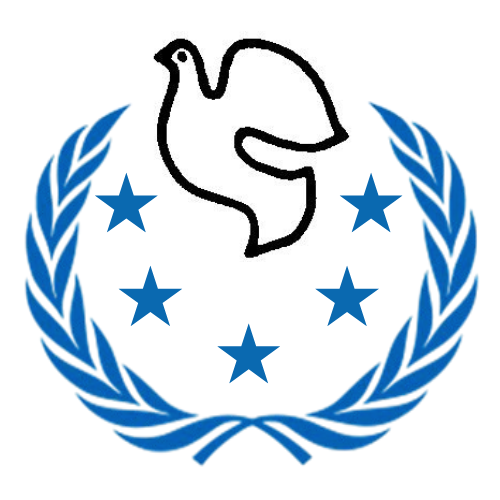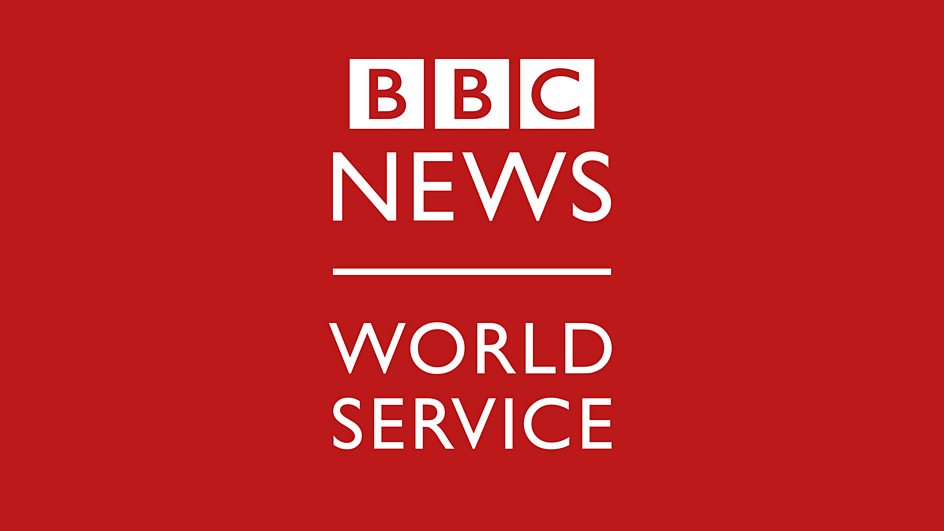The BBC World Service has been attending the United Nations Human Rights Council in Geneva, to witness the Special Rapporteur for Freedom of Expression’s report which focuses on journalists in exile.
Addressing the UN Human Rights Council, BBC News Persian Senior Presenter, Parizad Nobakht, called on the Council to condemn Iran’s actions in the strongest terms and request Iran to stop targeting journalists.
Speaking at the invitation of the International Federation of Journalists and its UK affiliate, the National Union of Journalists, Parizad Nobakht thanked the Special Rapporteur for highlighting the persecution of BBC News Persian journalists.
BBC News Persian’s case is highlighted in the report, which expresses grave concerns regarding the targeting of exiled Iranian journalists referencing journalists working for BBC News Persian. The report outlines the harassment, threats, online gender-based violence as well as criminal investigations and judicial action which have been experienced by BBC News Persian journalists and their families in Iran.
The event follows BBC World Service’s urgent appeal to UN in April this year over abuse of national security and counter-terrorism laws against BBC News Persian journalists. The complaint was sent to five Special Procedures mandate-holders including the Special Rapporteur on the Promotion and Protection of the Right to Freedom of Opinion and Expression, Irene Khan.
Liliane Landor, Director, BBC World Service, says: “We continue to urge UN experts to condemn the Iranian authorities for their ongoing harassment of journalists. BBC News Persian staff continue to face threats and intimidation targeting both themselves and their families, purely for doing their jobs. Journalists must be free to hold power to account.”
Caoilfhionn Gallagher KC and Jennifer Robinson, counsel for the BBC World Service, stated: “Iran’s targeting of journalists across the world simply for doing their jobs is unlawful, and is designed to stifle and censor independent and objective reporting on events in Iran. UN experts have sounded the alarm. Now is the time for States to take concrete, urgent action to hold Iran accountable and protect journalists and journalism.”
The BBC World Service is committed to protecting its journalists and has been seeking UN intervention since 2017 and also following the dramatic escalation of targeting and intimidation of BBC News Persian staff from September 2022 in the aftermath of the mass protests and increased tension in Iran, which BBC News Persian has reported extensively on.
The UN’s Independent Fact-Finding Mission on the Islamic Republic of Iran has also documented the continuing threats and harassment of BBC News Persian staff.
In a 2024 survey of BBC News Persian staff , half of the respondents said they had received online threats or been harassed online for working for the BBC. The work of the BBC journalists continues to cause harassment of their families or friends, with over 60% of the respondents having been harassed, threatened or questioned in Iran. Nearly 70% said that they hadn’t been able to say goodbye to one or both their parents before they passed away in Iran.
BBC News Persian is part of the BBC World Service.

